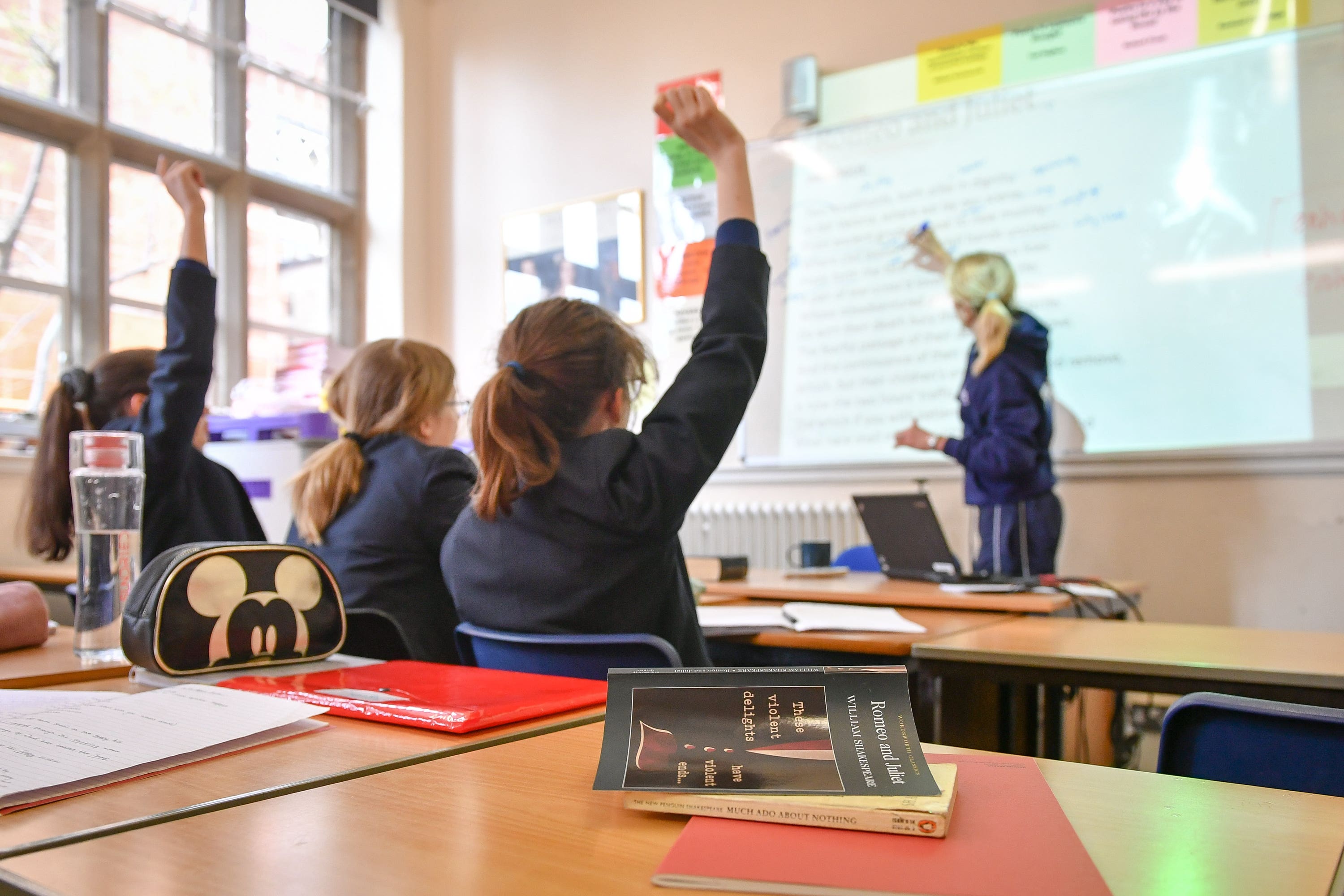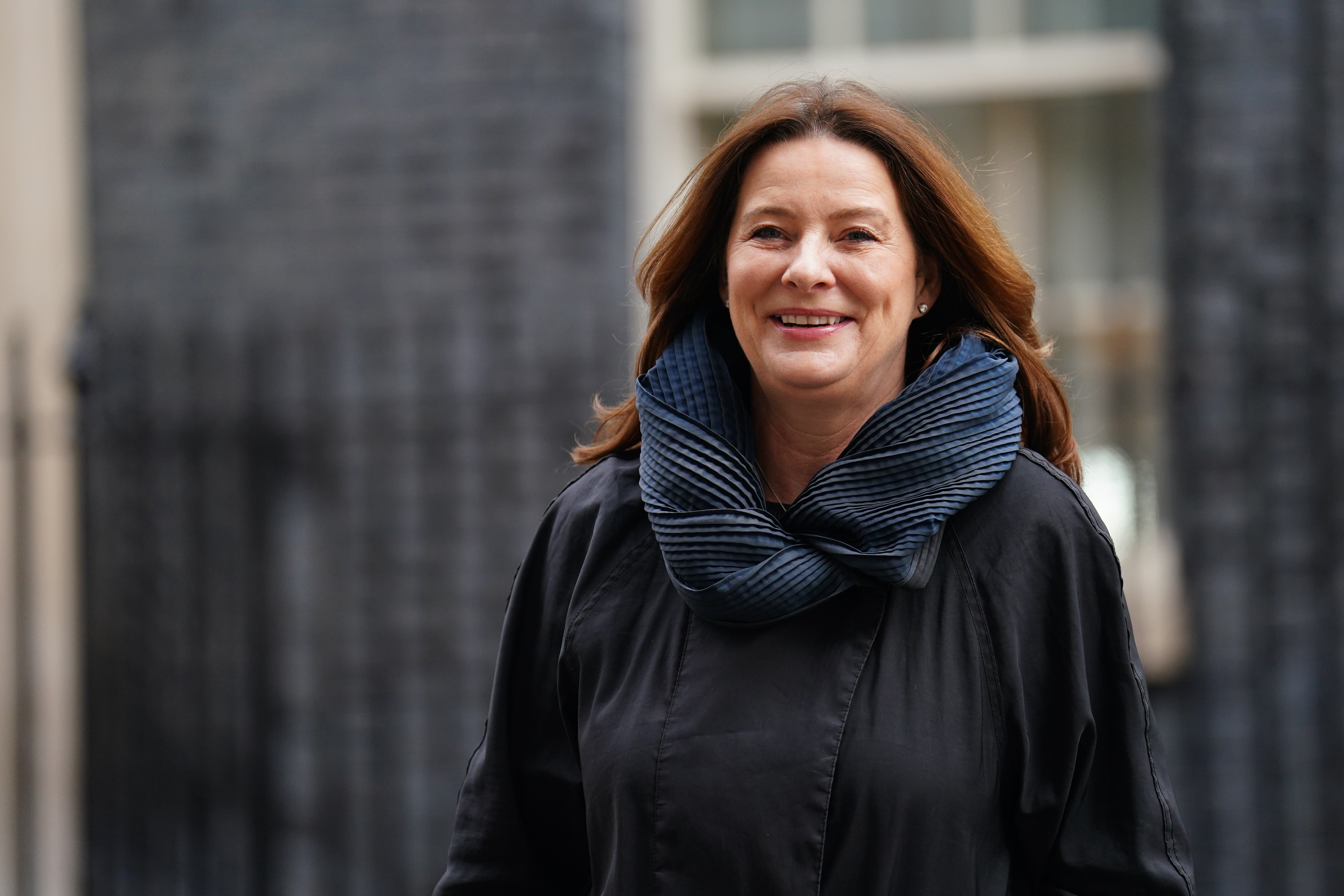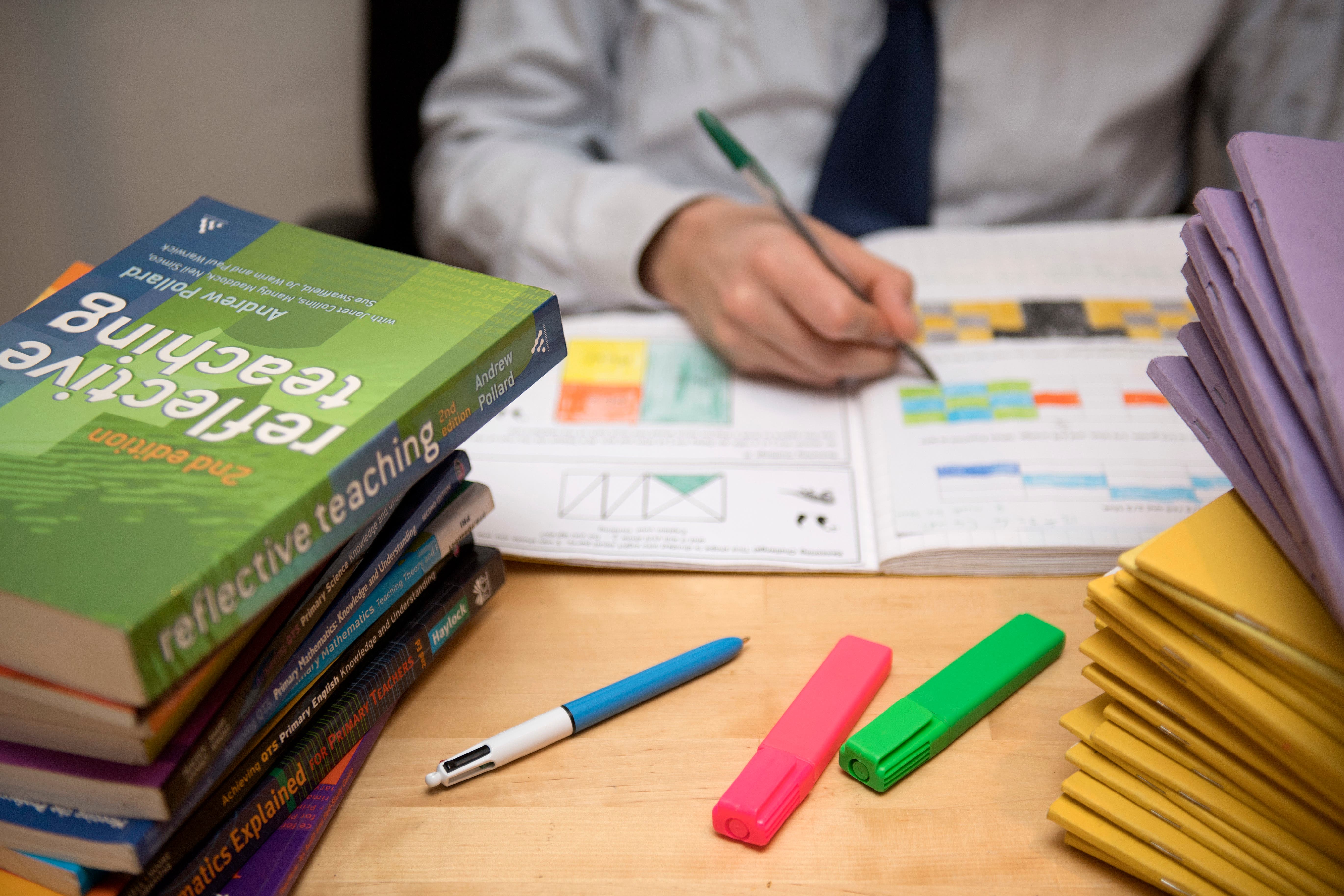What sex education do children currently receive at primary school – and what is Sunak banning?
New guidance expected to state that children should not be taught about contraception, sexually transmitted infections and abortion until the age of 13
Your support helps us to tell the story
This election is still a dead heat, according to most polls. In a fight with such wafer-thin margins, we need reporters on the ground talking to the people Trump and Harris are courting. Your support allows us to keep sending journalists to the story.
The Independent is trusted by 27 million Americans from across the entire political spectrum every month. Unlike many other quality news outlets, we choose not to lock you out of our reporting and analysis with paywalls. But quality journalism must still be paid for.
Help us keep bring these critical stories to light. Your support makes all the difference.
Rishi Sunak’s government is reported to be planning a ban on children being taught about gender identity and having “explicit” conversations about sex before the age of 13.
In an apparent doubling down on so-called culture war issues, the government is reportedly set to publish new guidance on when children should be offered sex education, with schools required to provide parents with samples of the material their children will be taught.
The guidance will tell teachers to focus on “biological” facts about sex, warning that ministers view gender identity as a contested subject, and will ban all sex education until year five, when children are aged nine or over, according to a series of reports.

From year five, lessons are to focus simply on conception and birth, with no explicit discussions of sexual acts until they are 13 and over, The Times reports. Children would also not be taught about contraception, sexually transmitted infections, and abortion until this age.
The new guidance – expected to be set out by education secretary Gillian Keegan – is said to be part of the government’s response following concerns that some children are receiving age-inappropriate relationships, sex and health education (RSHE).
Mr Sunak commissioned a review into the curriculum last March to “ensure that schools are not teaching inappropriate or contested content” in RHSE lessons, after hearing concerns – including from Conservative MPs – that children were receiving sex education lessons at too young an age.
What are children currently taught at what age?
RSHE was made mandatory in all schools in England from September 2020, with current guidance outlining broad lesson modules on what primary and secondary pupils should be taught about families and healthy relationships – without breaking up the curriculum by key stage, year group or age.

Primary school students are taught about healthy relationships, including how to communicate their own boundaries and recognise the boundaries of others, staying safe online, and the differences between appropriate and inappropriate or unsafe contact. Schools are strongly encouraged to include the teaching of different family models and same-sex relationships, according to the government website.
Health education should include puberty, including menstruation, and this should be addressed as far as possible before onset, the website adds.
Secondary school-aged children meanwhile are taught more complex topics, including about puberty, sexual relationships, consent, unsafe relationships and online harm. The secondary curriculum covers a wide range of key topics including grooming, coercion, harassment and honour-based violence.
What would change under the new plans?
It is not currently clear exactly what changes the government plans to introduce – but the strict age limits suggested by early reports indicate that the new guidance could significantly limit the current level of discretion afforded to teachers in order to accommodate the differing needs of individual pupils and schools.
Following the announcement of a review last March, James Bowen, former headteacher and director of policy for school leaders’ union NAHT, said: “The overwhelming majority of schools are doing nothing more than following the government’s own statutory guidance when it comes to relationships and sex education.”
Noting that the current curriculum was subject to extensive consultation before it was introduced, he said NAHT had seen no evidence to suggest a widespread problem with pupils being presented with age-inappropriate materials.
“There is a real concern that this is a politically motivated review, rather than one based on the reality of what is happening in the vast majority of schools up and down the country.”

In the wake of Tuesday’s reports, the union’s chief Paul Whiteman added: “It is hard to see how rigid limits on what can be discussed, and when, would be in the best interests of young people – and this may even risk them seeking information from less reliable sources.
“If what has been leaked is accurate, the government must provide the evidence which unequivocally shows that such age limits will improve the support, protection and safeguarding of children and young people.”
What are they currently taught on gender ID?
According to the government website, secondary school pupils “should be taught the facts and the law about sex, sexuality, sexual health and gender identity in an age-appropriate and inclusive way”.
It adds: “There should be an equal opportunity to explore the features of stable and healthy same-sex relationships.”
Guidance to help school leaders plan their curriculum states: “We are aware that topics involving gender and biological sex can be complex and sensitive matters to navigate.
“You should not reinforce harmful stereotypes, for instance by suggesting that children might be a different gender based on their personality and interests or the clothes they prefer to wear. Resources used in teaching about this topic must always be age-appropriate and evidence-based.
“Materials which suggest that non-conformity to gender stereotypes should be seen as synonymous with having a different gender identity should not be used and you should not work with external agencies or organisations that produce such material.
“While teachers should not suggest to a child that their non-compliance with gender stereotypes means that either their personality or their body is wrong and in need of changing, teachers should always seek to treat individual students with sympathy and support.”
Are they taught about consent?
Yes, the current RHSE guidance states that secondary school children should be taught about consent.
Many schools also plan their curriculum around the non-statutory Personal, Social and Health Education framework, in which children are taught about seeking and giving consent in different situations at key stage two, which covers years three, four, five and six.
Subscribe to Independent Premium to bookmark this article
Want to bookmark your favourite articles and stories to read or reference later? Start your Independent Premium subscription today.

Join our commenting forum
Join thought-provoking conversations, follow other Independent readers and see their replies
Comments